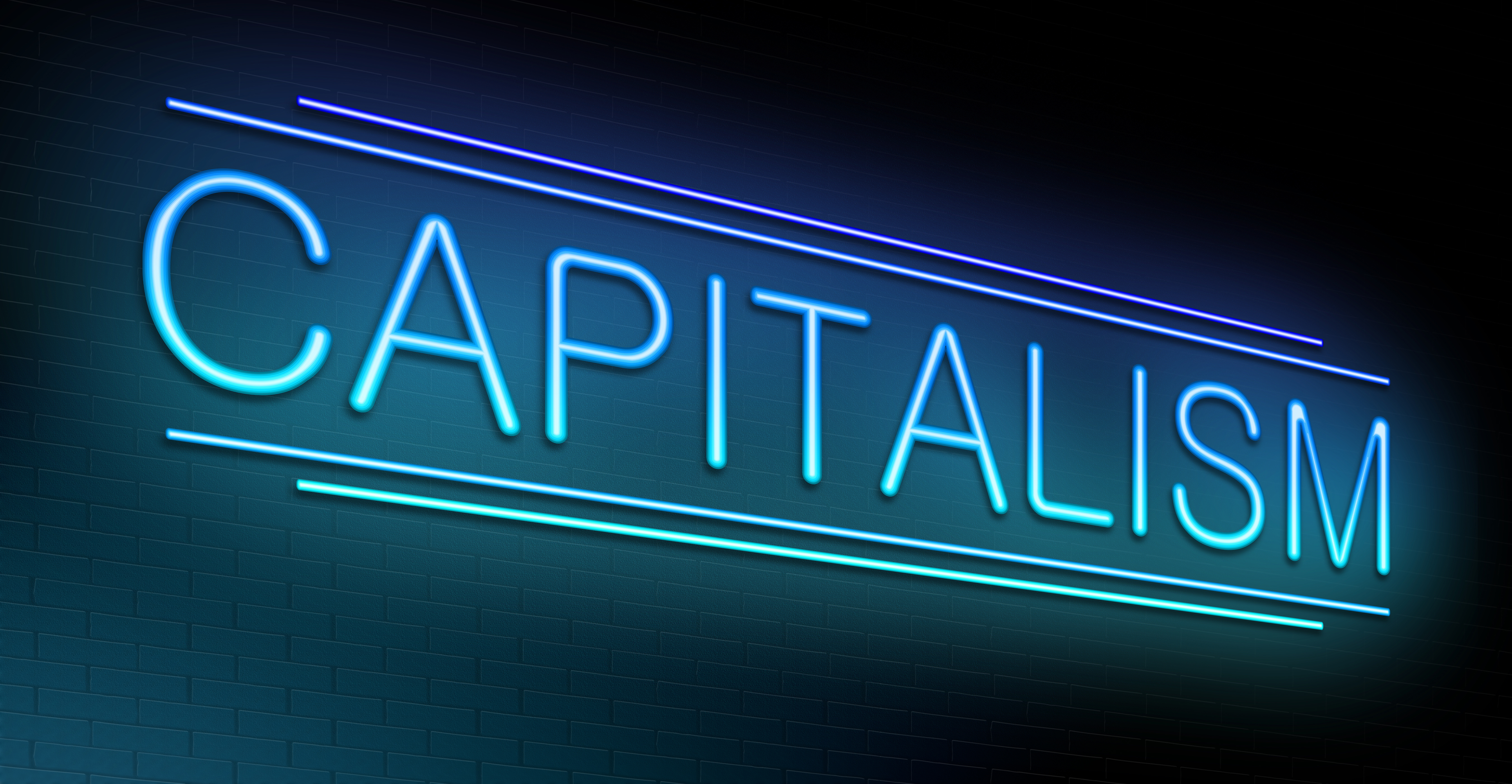Kerby Anderson
Lately politicians on both the left and the right have been criticizing capitalism. Senator Elizabeth Warren calls for “accountable capitalism.” Senator Marco Rubio proposes what could be called “common-good capitalism.” Senator Bernie Sanders proposes “democratic socialism as an alternative to unfettered capitalism.”
By the way, they aren’t the only ones using the term. Nobel Prize-winning economist Joseph Stiglitz argues in his book, A Bit of Everything, for a new social contract. He says we need to get rid of “the kind of selfish, unfettered capitalism” we have had for the last 40 years.
Jonah Goldberg, in a recent column, asks the same question I have been asking. “What on earth are these people talking about?” Decades ago, during the Progressive Era, presidents did all they could to restrain capitalism. Teddy Roosevelt broke up the trusts and Franklin D. Roosevelt created dozens of government restraints during the New Deal.
Jonah Goldberg then asks another good question. “If you think there are no restraints on the market or on economic activity, why on earth do we have the Department of Labor, HHS, HUD, FDA, EPA, OSHA, or IRS?”
Yes, our economy sometimes benefits certain people and organizations more than others. That isn’t because of unfettered capitalism. It’s due to the fetters government puts on certain sectors to the benefit of others. That’s called crony capitalism. Laws and bureaucratic regulations benefit select businesses and industries in agriculture, manufacturing, banking, and a variety of other fields.
If you think the government needs to spend more or regulate more or tax more, then make your case for doing so. But let’s stop arguing against the straw man of unfettered capitalism.

 Listen Online
Listen Online Watch Online
Watch Online Find a Station in Your Area
Find a Station in Your Area









 Listen Now
Listen Now Watch Online
Watch Online
